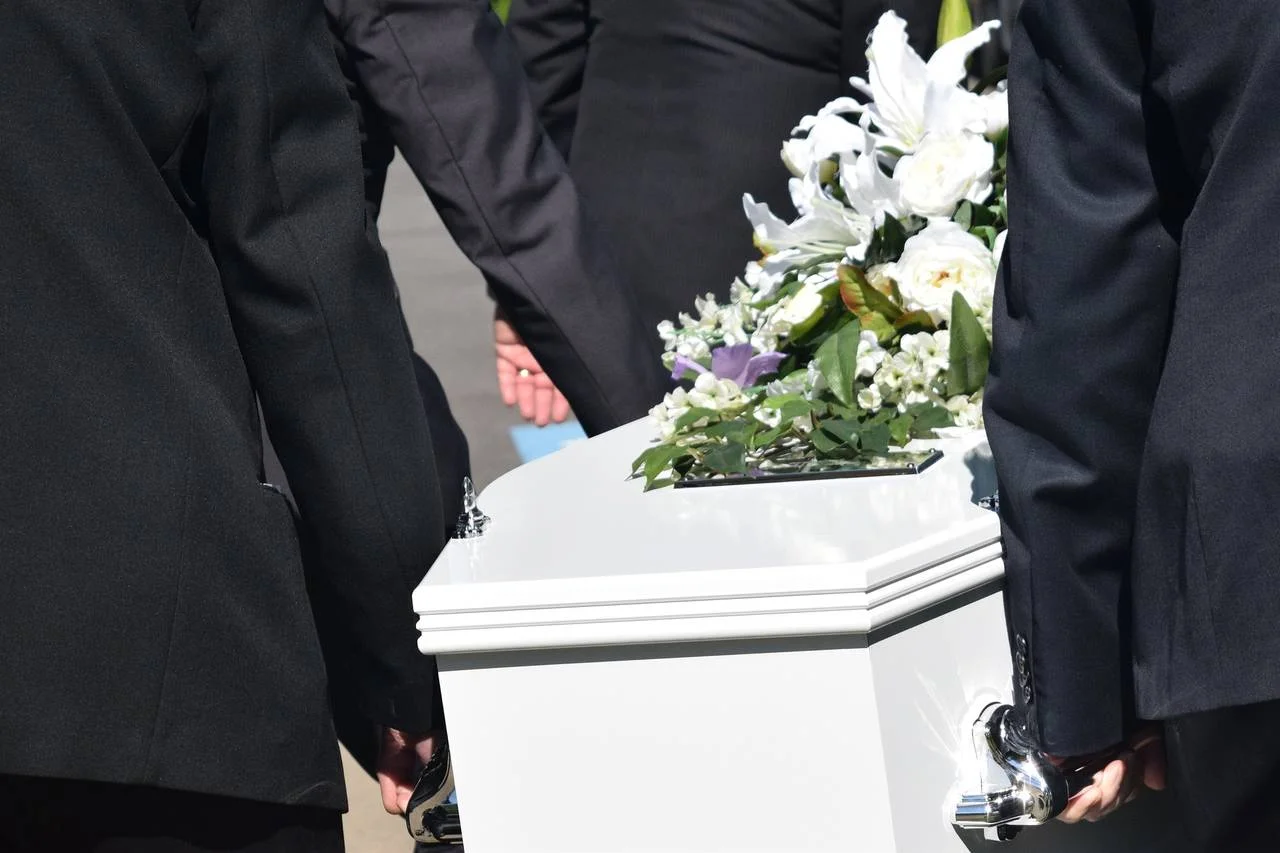Understanding South Carolina’s Wrongful Death Statutes

Losing a loved one due to someone else’s negligence or intentional actions is devastating. In South Carolina, wrongful death statutes provide a legal framework for surviving family members to seek compensation for their loss. Here’s an informative guide to help you understand these statutes and how they apply.
What Constitutes Wrongful Death?
- Definition: Under South Carolina law, wrongful death occurs when a person dies due to the wrongful act, neglect, or default of another party. This includes fatalities resulting from car accidents, medical malpractice, workplace accidents, and other negligent or intentional actions.
- Legal Basis: The wrongful death statutes are governed by South Carolina Code of Laws Section 15-51-10. These laws allow the deceased’s estate to file a lawsuit against the responsible party.
Who Can File a Wrongful Death Claim?
- Personal Representative: The claim must be filed by the personal representative (executor) of the deceased person’s estate. This individual is often named in the deceased’s will or appointed by the court if there is no will.
- Beneficiaries: While the personal representative files the claim, the compensation is intended for the benefit of the deceased’s surviving family members, including:
- Spouse and children
- Parents (if there is no spouse or children)
- Heirs at law (if there are no immediate family members)
Types of Compensation Available
Economic Damages: These include tangible losses such as:
- Medical expenses incurred before death
- Funeral and burial costs
- Lost wages and benefits the deceased would have earned
Non-Economic Damages: These cover intangible losses, including:
- Pain and suffering experienced by the deceased before death
- Loss of companionship, care, and protection
- Emotional distress of surviving family members
Punitive Damages: In cases involving gross negligence or intentional harm, punitive damages may be awarded to punish the wrongdoer and deter similar conduct in the future.
Statute of Limitations
- Filing Deadline: In South Carolina, the statute of limitations for wrongful death claims is three years from the date of death. Failing to file within this timeframe can result in losing the right to pursue compensation.
- Exceptions: There are few exceptions to this rule, so it’s crucial to act promptly. Consulting with a wrongful death attorney can help ensure that you meet all legal deadlines.
Proving a Wrongful Death Case
- Negligence or Intentional Harm: To succeed in a wrongful death claim, you must prove that the death was caused by the defendant’s negligence or intentional actions. This involves demonstrating that the defendant owed a duty of care to the deceased, breached that duty, and directly caused the death as a result.
- Evidence: Collecting evidence is critical. This may include medical records, accident reports, witness statements, and expert testimony to establish the circumstances of the death and the impact on the surviving family members.
The Legal Process
- Consult an Attorney: Given the complexity of wrongful death cases, it’s advisable to consult with an experienced attorney who specializes in this area. They can guide you through the legal process, gather necessary evidence, and represent your interests.
- Filing the Claim: Your attorney will file the wrongful death claim on behalf of the personal representative. This involves preparing legal documents, serving the defendant, and initiating the lawsuit.
- Negotiation and Settlement: Many wrongful death cases are settled out of court. Your attorney will negotiate with the defendant’s insurance company to reach a fair settlement. If a settlement cannot be reached, the case may proceed to trial.
Conclusion
Understanding South Carolina’s wrongful death statutes is essential for families seeking justice and compensation for the loss of a loved one. By knowing who can file a claim, the types of compensation available, and the legal process involved, you can better navigate this challenging time. Consulting with a knowledgeable wrongful death attorney can provide the support and expertise needed to pursue your claim and ensure that your family’s rights are protected.
